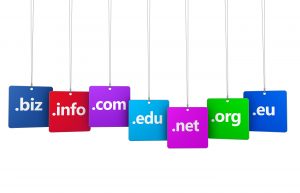
It’s July 9th and two weeks from today the web is officially going with full HTTPS as requisite, and that’s a development that’s been a long time in the making. Securing traffic on the internet is an obvious priority, but of course there are people who are strongly opposed to having a secure web. Two weeks today Google will be uniformly labeling any site loaded in Chrome without HTTPS to be not secure. Most webmasters will be on top of this and accordingly usage of HTTPS is exploding right now. In the 6 months up to a recent report, 32% growth in the use of HTTPS was seen in the top 1 million sites. Mozilla tracks anonymous telemetry via Firefox browser and recorded big growth (75% page loads) in the rate of pages being loaded over HTTPS. Chrome too, at around the same 75 percent. We’re a Canadian web hosting provider who’s always got our thumb on the pulse of the industry, so it’s important to relate that quite a few popular sites on the web still don’t support HTTPS (or fail to redirect insecure requests) and will soon be flagged by Google. Plus, let’s clear up a few emerging myths about HTTPS: It’s a Hassle I Don’t Need It It’s Gonna be Slow It’s A Hassle No, it’s pretty darn simple. You can protect your site with HTTPS in a matter of seconds for FREE. Sign up for Cloudflare or using a CA such as Let’s Encrypt. We can assist you with any other web security and accessibility concerns you may have beyond https encryption of your website. I Don’t Need It Well it turns out, you do - particularly as it relates to the safety and privacy of those visiting your site. Without HTTPS, anyone in the path between your visitor’s browser and your site or API can peer in on (or make modifications to) your content without you needing to be made aware of it. Governments, employers, and even especially internet service providers can and have been overseeing content without user consent. If having your users receiving content unmodified and safe from maliciously injected advertisements or malware...







